Canada’s Prime Minister Justin Trudeau Resigns: A Turning Point in Canadian Politics
Justin Trudeau, Canada’s Prime Minister since 2015, has officially announced his resignation, marking the end of an era in Canadian politics. Trudeau stated that he would step down, resign after the Liberal Party selects a new leader, a decision prompted by ongoing political gridlock, internal party challenges, and a desire to provide Canadians with fresh leadership ahead of the next election.
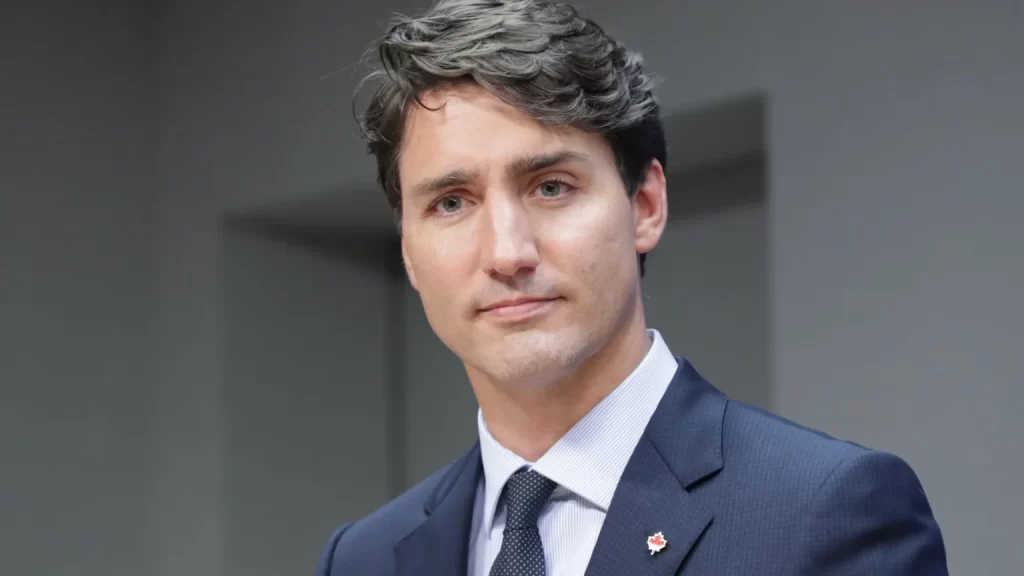
This announcement has sparked widespread discussion, with many asking, “Why did Justin Trudeau resign?” and “What does this mean for the future of Canada’s politics?”
Why Did Justin Trudeau Resign?
Trudeau addressed the nation during a press conference to explain his decision, stating, “We are at a critical moment globally. I’ve always been a fighter, but despite my best efforts, Parliament has been paralyzed for months.” This acknowledgment highlights the political deadlock that has plagued Canadian governance recently.
Also Read: Exposing the Western Double Standards and Media Games
He further explained that his focus on resolving internal challenges within the Liberal Party was detracting from his ability to effectively lead the nation. “This country deserves a genuine choice in the next election. If I’m focused on party struggles, I cannot give Canadians my best,” Trudeau remarked. His statement underscores his commitment to Canada’s democratic values and his recognition of the need for a leadership transition.
Trudeau also took action to address the ongoing political stagnation, requesting the Governor General to approve a new parliamentary session. This request was granted, and Parliament will remain adjourned until March 24.
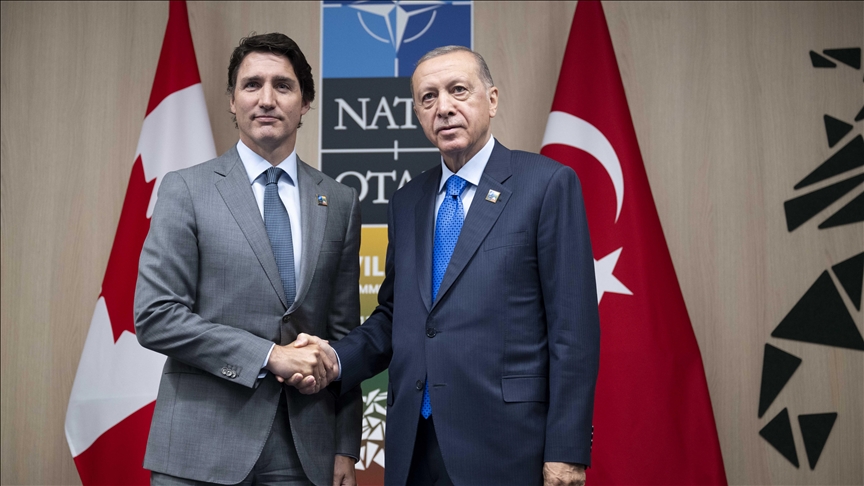
Who Is Justin Trudeau?
Justin Trudeau has been a dominant figure in Canadian politics for nearly a decade. As the son of former Prime Minister Pierre Trudeau, his rise to leadership was both historic and symbolic. Known for his progressive policies, Trudeau focused on issues like climate action, gender equality, Indigenous reconciliation, and economic reform during his tenure.
However, Trudeau’s leadership has not been without controversy. From ethical breaches to criticism over his handling of certain crises, his time in office has sparked debates about his effectiveness and legacy. Many are now reflecting on “What is Justin Trudeau’s legacy as Prime Minister?”
Also Read: The Name of Oppression: The Sunni Muslim Massacre
Trudeau’s achievements include advancing Canada’s climate agenda, legalizing recreational cannabis, and navigating the country through the COVID-19 pandemic. Yet, challenges such as the SNC-Lavalin scandal, opposition to some of his policies, and rising polarization within Canada’s electorate have shaped his leadership.
What Happens Next for Canada?
As Trudeau prepares to step down, the Liberal Party faces the task of selecting a new leader. This individual will not only inherit the responsibilities of party leadership but also assume the role of Prime Minister. Trudeau expressed confidence in the transition process, stating, “A new leader will carry our values into the next election and provide Canadians with a fresh start.”
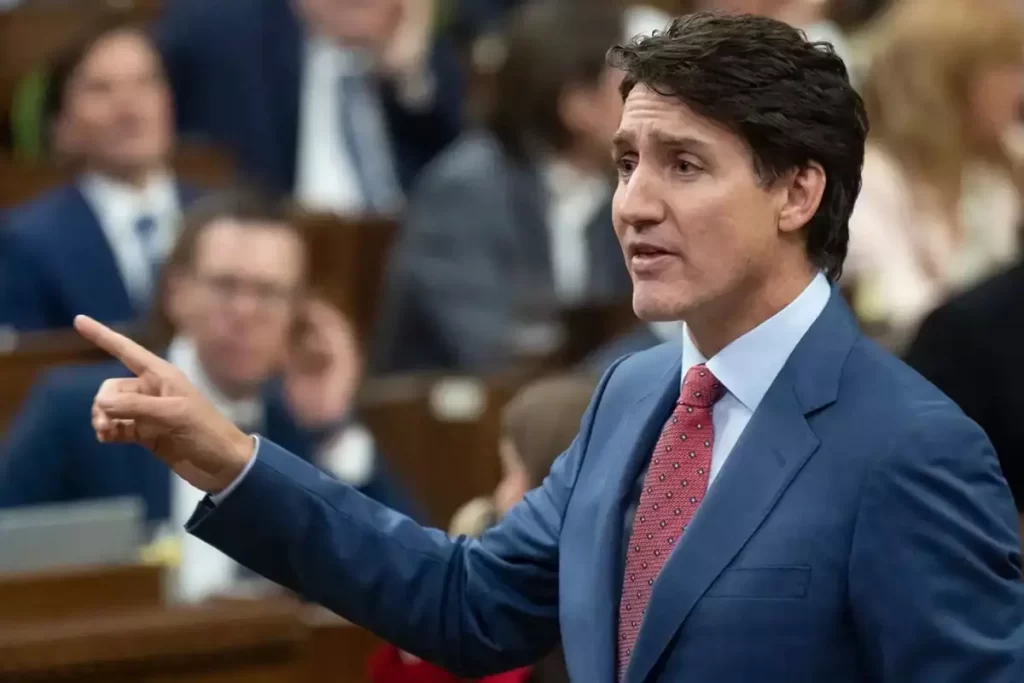
The leadership race will likely draw significant attention, with Canadians and political analysts asking, “Who will replace Justin Trudeau as Prime Minister?” Potential candidates will need to unite the party, address pressing national issues, and prepare for the next election, expected to be a fierce contest with opposition leader Pierre Poilievre.
Also Read: Istanbul Travel Guide: Plan Your Perfect Trip
This period of transition raises critical questions about the Liberal Party’s future. Will it continue Trudeau’s progressive policies, or will it pivot to address criticisms and evolving voter priorities?
Trudeau Criticizes Opposition Leadership
In his resignation address, Trudeau didn’t hesitate to critique opposition leader Pierre Poilievre. He argued that Poilievre’s vision is not what Canada needs, particularly on critical issues like climate change. “Stopping the fight against climate change doesn’t make sense. We need an ambitious and optimistic outlook for the future, and Pierre Poilievre isn’t offering that,” Trudeau stated.
This statement highlights the ideological divide between the Liberal Party and the Conservative opposition, setting the stage for a highly charged political battle in the upcoming election. Trudeau’s critique also invites voters to consider, “What kind of leadership does Canada need in the future?”
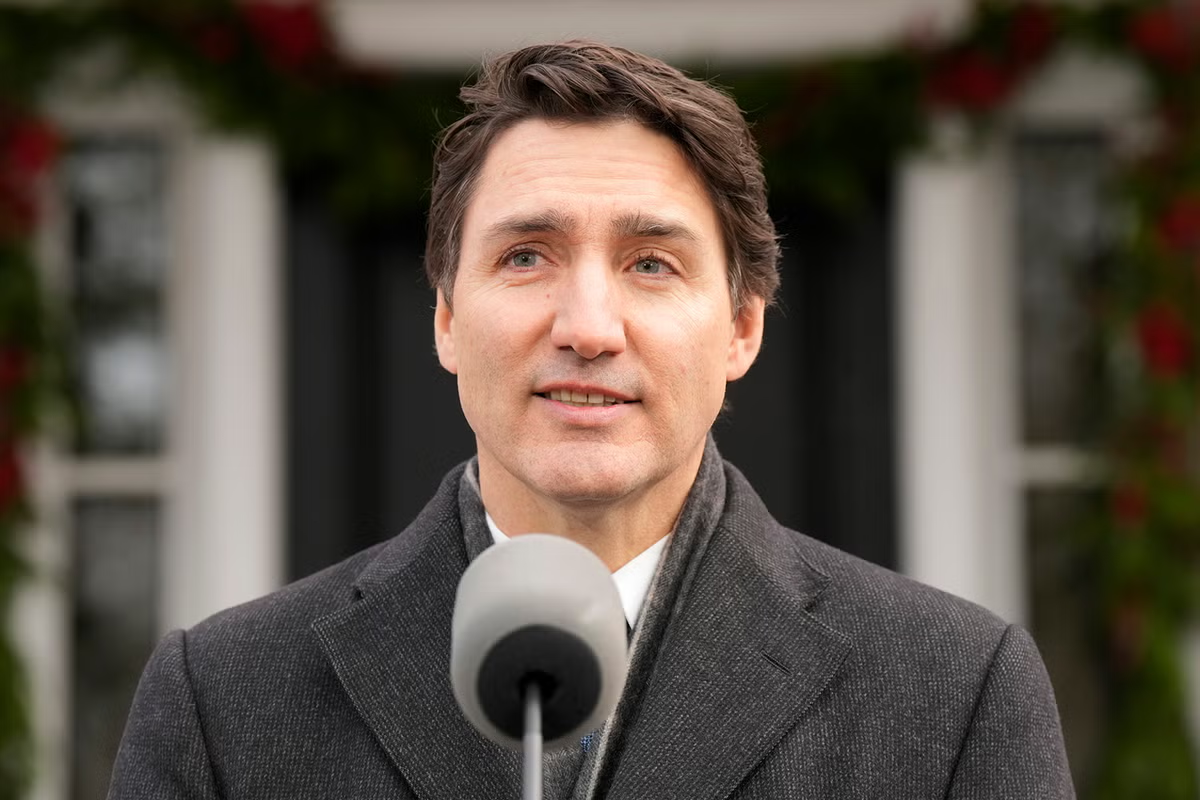
What Does Trudeau’s Resignation Mean for Canada?
Trudeau’s departure marks a pivotal moment in Canadian politics. The Liberal Party must navigate this leadership transition carefully to maintain its position as a dominant political force. The next Prime Minister will face challenges such as economic recovery, climate change, healthcare reforms, and increasing political polarization.
Also Read: A New Global Order Theory: What if Russians convert into Islam?
The resignation also raises broader questions about Canada’s political future:
- How will the Liberal Party adapt under new leadership?
- What direction will Canada take in addressing domestic and international challenges?
- Can the opposition capitalize on this moment to shift the country’s political landscape?
These questions reflect the high stakes of Trudeau’s resignation and the uncertain path ahead for Canada.
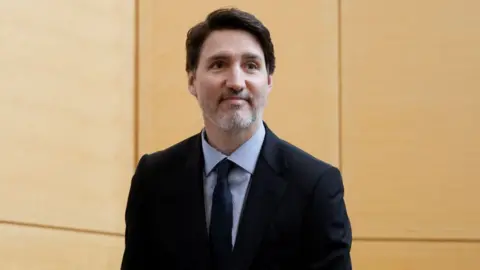
Frequently Asked Questions
- Why did Justin Trudeau resign?
Trudeau cited political gridlock and internal challenges within the Liberal Party as the primary reasons for his decision. - Who will replace Justin Trudeau as Prime Minister?
The Liberal Party will elect a new leader, who will also assume the role of Prime Minister. - What is Justin Trudeau’s legacy as Prime Minister?
Trudeau’s tenure is marked by progressive reforms, climate action, social equity initiatives, and controversies that shaped Canadian politics. - What does Trudeau’s resignation mean for the Liberal Party?
It signals a period of transition and an opportunity for new leadership to redefine the party’s strategy. - Who is Pierre Poilievre, and what role will he play in Trudeau’s absence?
As the Conservative Party leader, Poilievre is expected to challenge Liberal policies and shape the political discourse leading into the next election.















